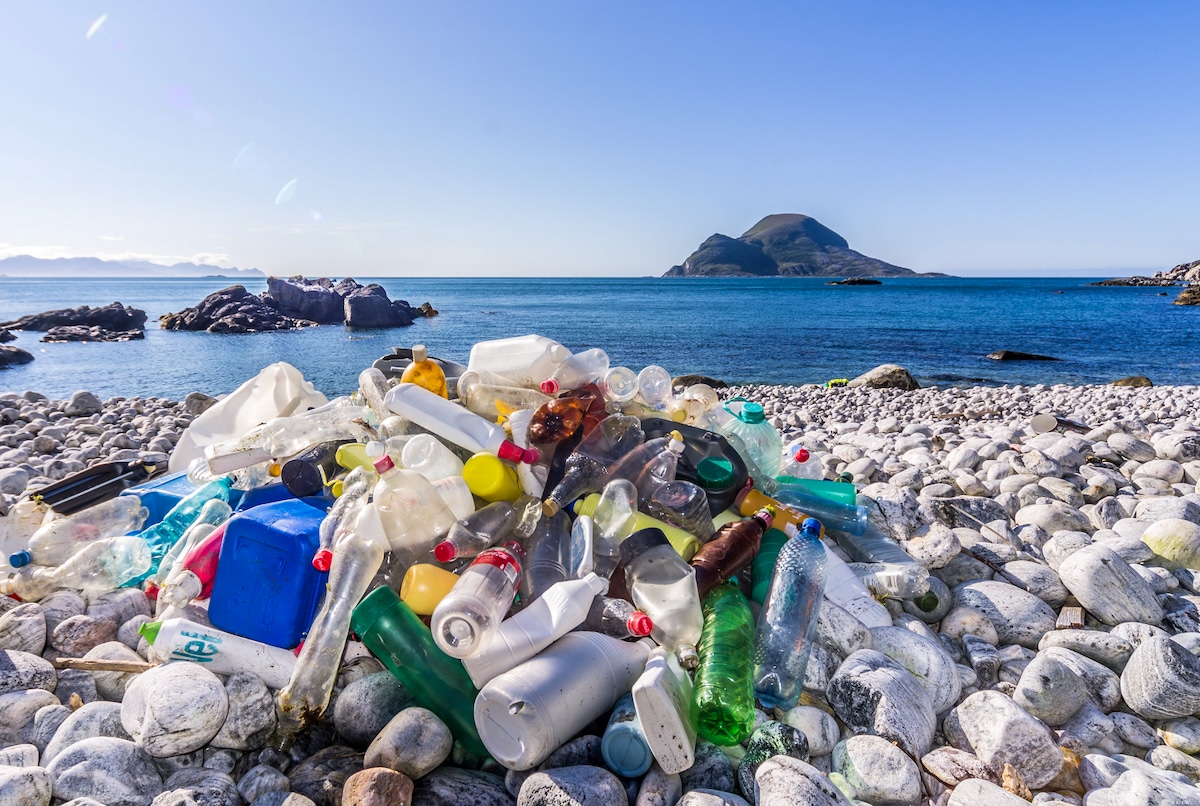
The 2023 ozone hole opened early and fast, becoming one of the largest on record in mid-September, and it’s one of the longest-lived observed to date. The causes of this behaviour point to climate change or volcanic emissions.

Recent and long-term marijuana use is linked to changes in the human genome, a new study has found.

A new study on plastic pollution in 84 countries has linked half of branded plastic pollution to only 56 firms, with about 24% of the plastic waste analyzed connected to only 5 companies Coca Cola, PepsiCo, Nestle, Danone and Altria.

A recent study analyzed dozens of Chinese cities, revealing that they're slowly sinking. From California to Greece, human activity is making the land under our feet more prone to subsiding than ever.

Antarctica’s Ross Ice Shelf, a massive floating ice platform about the size of France, shifts suddenly a few centimeters at least once a day.

Acoording to a new study, there is much more soil inorganic carbon than anybody realised – and that it may be a surprisingly big player in Earth’s carbon cycle.

The fourth global coral bleaching event, announced this week, is an urgent wake-up call to the world.

Europe's climate monitor said Tuesday that March was the hottest on record and the tenth straight month of historic heat, with sea surface temperatures also hitting a "shocking" new high.

A single country or coalition of countries witnessing the harms of climate change could make a cost and geopolitical calculation and decide to begin climate engineering on its own.

The Atlantic hurricane season does not begin for another eight weeks, but we are deep in the heart of hurricane season prediction season.

Chemicals found in common household disinfectants, glues, and furniture textiles could damage supporting cells in the brain during critical stages of their development, a new study based on human cell cultures and mice has found.

Authorities in New Zealand are investigating an unfortunate incident in which thousands of juvenile eels washed up in the Kauritutahi stream. The massive deaths marked the second time in the current year.

Human birth rates will continue to drop drastically over the coming century, and within just 25 years, over two-thirds of countries' populations will be in decline.

Clocks may have to skip a second - called a "negative leap second" - around 2029.

Carbon credits explain the hyper-financialization of climate policy.